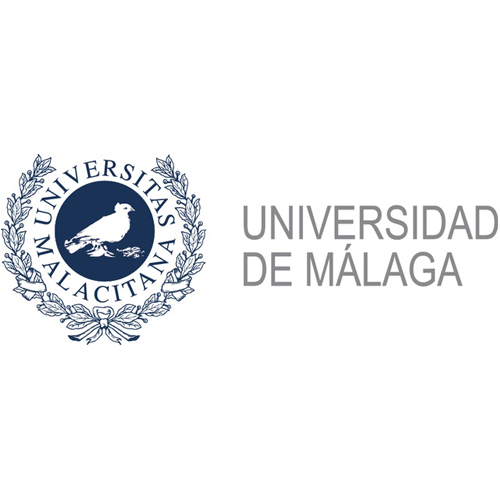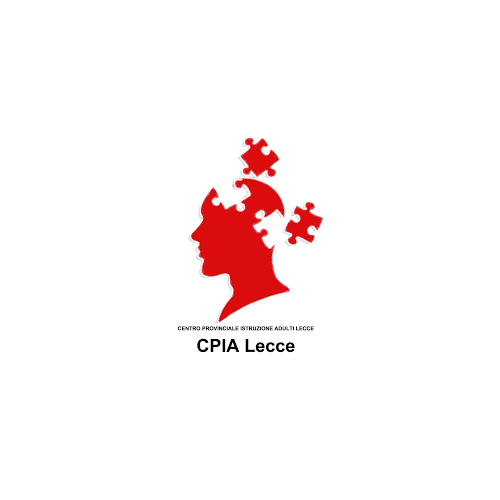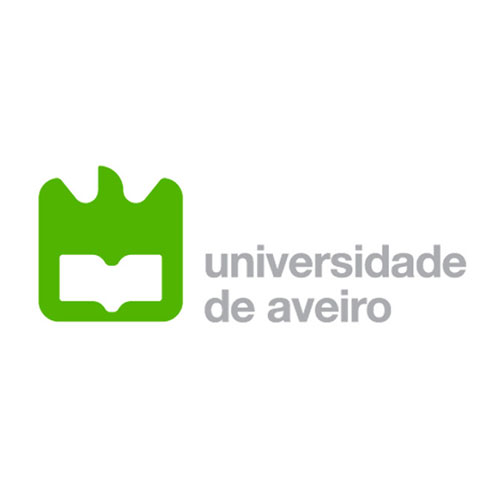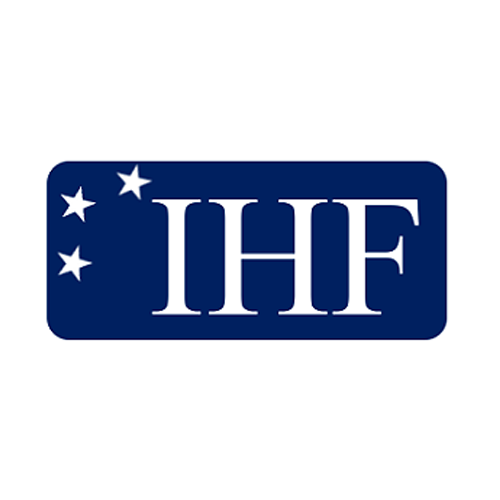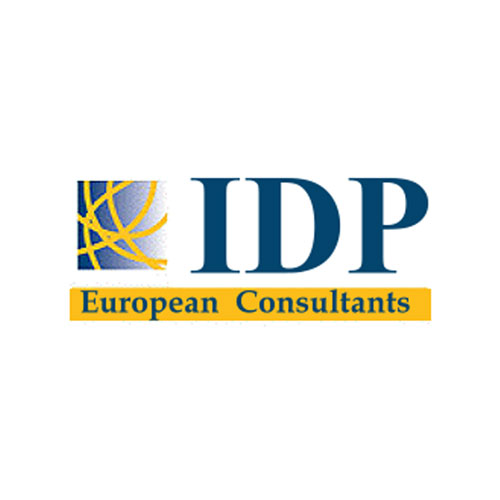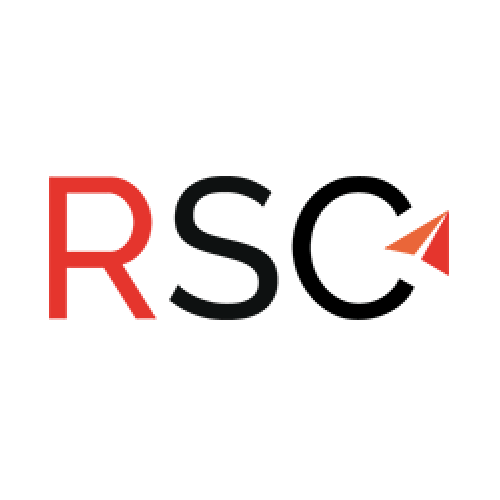Knowledge best practices
Responsible consumption on use of resources
Basic
Good practices:
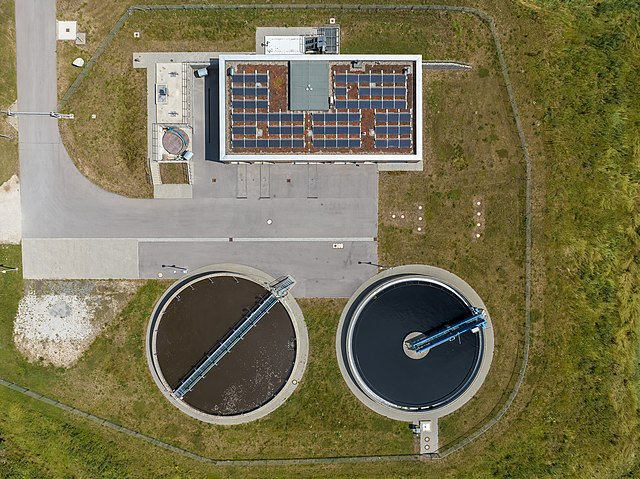 |
Local or zero-kilometre products avoid emissions from refrigeration or transportation and help boost the local economy. The administration can encourage local consumption by issuing discount vouchers to be redeemed at local businesses.
Renewable energy. Promoting the use of renewable energy sources contributes to the energy transition and the efficient use of our natural resources. It is also important to use energy responsibly, reducing unnecessary consumption and investing in companies that apply efficiency and sustainability criteria throughout the value chain.
Wallapop is a second-hand trade app that has launched an ad campaign under the motto "What's done is done, and the best we can do is use it" where a more responsible and sustainable consumption is promoted, in this case through the reuse and recycling of objects. Phrases like “New is doing less new things” and “What's done is done and the best we can do is use it” sum up the campaign's message.
Greenwashing, also known as eco-whitening, is a bad practice consisting of orienting the marketing image of an organisation or company towards an ecological positioning while its actions go against the environment.

Good practices:
Transition to a circular economy concerns all the actors of the economic system. Companies, as the main protagonists of the change towards a more sustainable production model, must incorporate good practices, such as the following:
- Too Good To Go is a service with a mobile application that connects customers to restaurants and stores that have surplus unsold food. The service covers major European cities, and has also started operations in North America.
- Renault, the main French car producer, has created a refractory plant, the first European circular economy plant dedicated to mobility, which is expected to generate a turnover of 200 million euros by 2025. Eleven million cars end their useful life every year in Europe and the car industry dumps vast amounts of waste, toxic chemicals and metals into landfills. However, 85% of the car materials can be recycled. Part of the project is a new workshop capable of reconditioning 150 used cars a day, that are refurbished, photographed and sold again. The refractory also reconditions more than 1,600 different car parts.
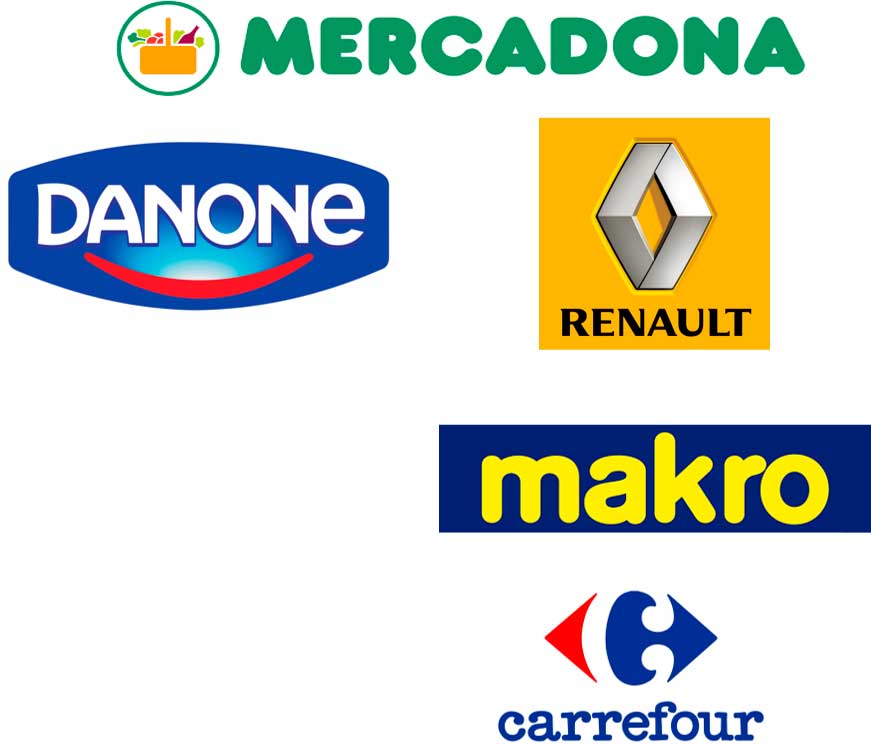
- Nestlé is committed to waste reduction: ‘Our ambition is to make 100% of our packaging recyclable or reusable by 2025. We want to make sure that none of our packaging, including plastics, ends up in landfill or as litter, including in oceans, lakes and rivers, reaching 95% of our packaging recycled by 2025. We are also reducing the use of newly made plastic - or virgin plastic - by one third by 2025’.

Good practices:
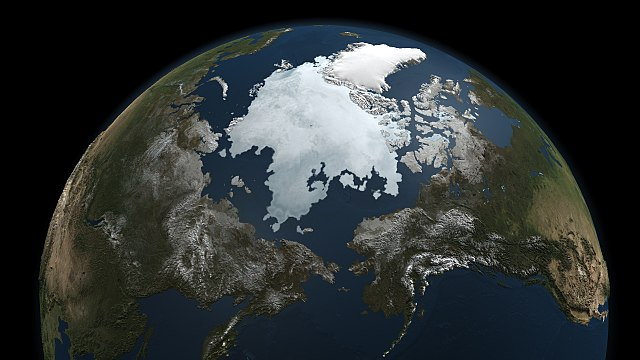 |
A good general practice is to use the apps that help responsible consumption, with different objectives such as to educate, to report, to have fun, to locate zero waste establishments, etc.
- My little plastic footprint: It is based on answering doubts and also giving advice and recommendations to reduce the consumption of plastic.
- Go Zero Waste: This platform shows the establishments where to buy bulk or zero waste products, through a category search showing their location on the map.
- Sustainable Development Goals: this UN app offers the most up-to-date information on the SDGs for showing how everybody can contribute to their fulfilment and design their own initiatives. It also allows users to receive personalised notifications about the SDG of personal interest.
- TAP: find water anywhere. The objective of this app is to change the use of plastic bottles for other types of container that can be reused. The application indicates where the bottle can be refilled and indicates the sources of water on the map.
- Another good practice is to go to fair trade. Many companies trade through fair trade, since it is a sustainable trade because it reduces unnecessary consumption and helps improve the quality of life on the planet and the environmental balance by generating less waste and ensuring the protection of labour and human rights of producers.

Good practices:
Danone: 81% of Danone's packaging is recyclable, reusable or compostable. In 2019, the company reduced its carbon dioxide (CO2) emissions by about a quarter, five years ahead of its 2025 commitment. It has committed to a zero-carbon footprint across its entire value chain by 2050.
IKEA: With suppliers from approximately 50 countries, IKEA's business has a significant impact on the world's forests and the timber industry. That's why it places responsible forest management at the heart of the business that requires all IKEA wood suppliers to meet high forest requirements. It works with global partners, including the World Wide Fund for Nature (WWF) and the Forest Stewardship Council® (FSC) to combat forest degradation and deforestation, and to promote the importance of responsible forest management across the entire value chain.
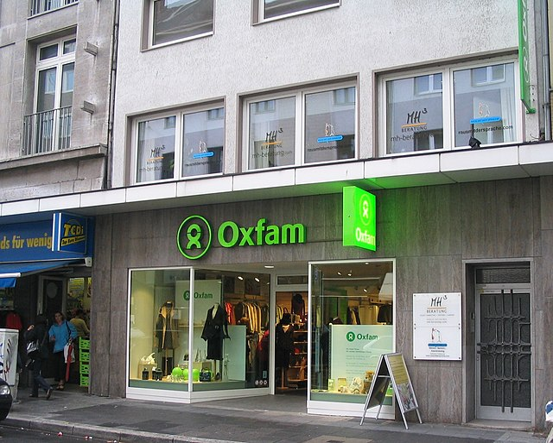 |
Oxfam Ethics Shops It is a company of both physical and online shops of fair trade and second-hand products, which are characterised by being managed by volunteers, non-profit, and offering a range of fair trade and ethical products, 100% natural, served in sustainable packaging and shipped with a neutral carbon footprint. It offers a wide range of products, such as food, fashion, natural cosmetics, and home items. It aims to contribute to reducing poverty, working towards equality and inclusion, while fighting climate change.
Spain: new tax on plastic production. The tax has been implemented from 1st January 2023 with a tax rate of €0.45 per kg for non-recycled plastic packaging, totalling over €700 million in revenue which will likely be applied to Spain's EU plastic levy contribution.


